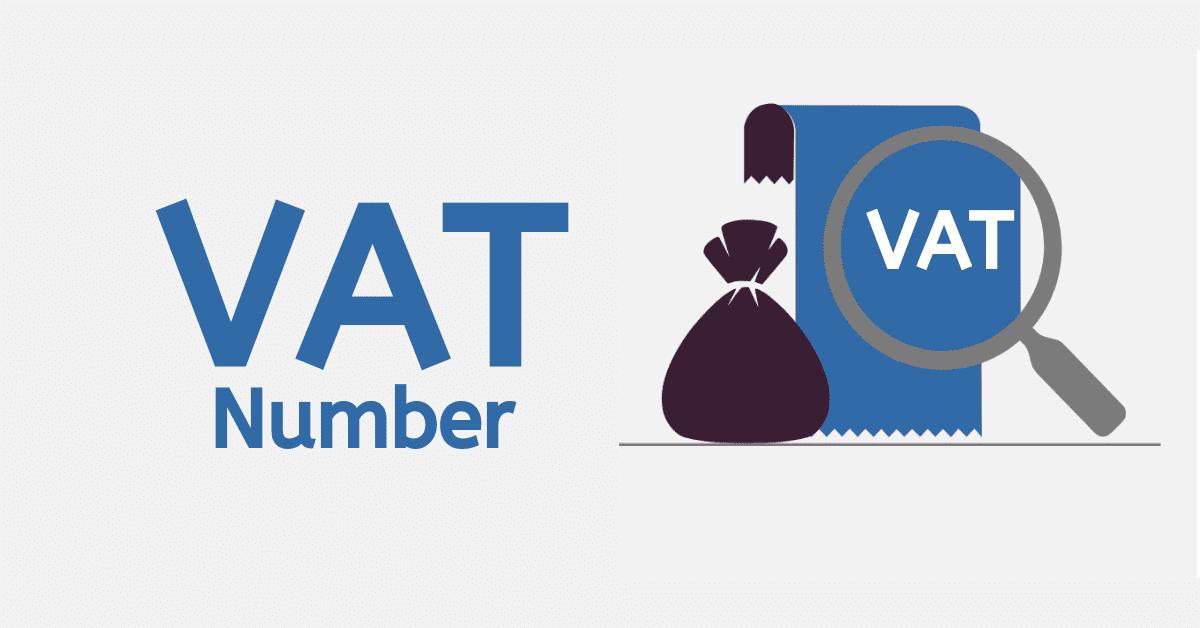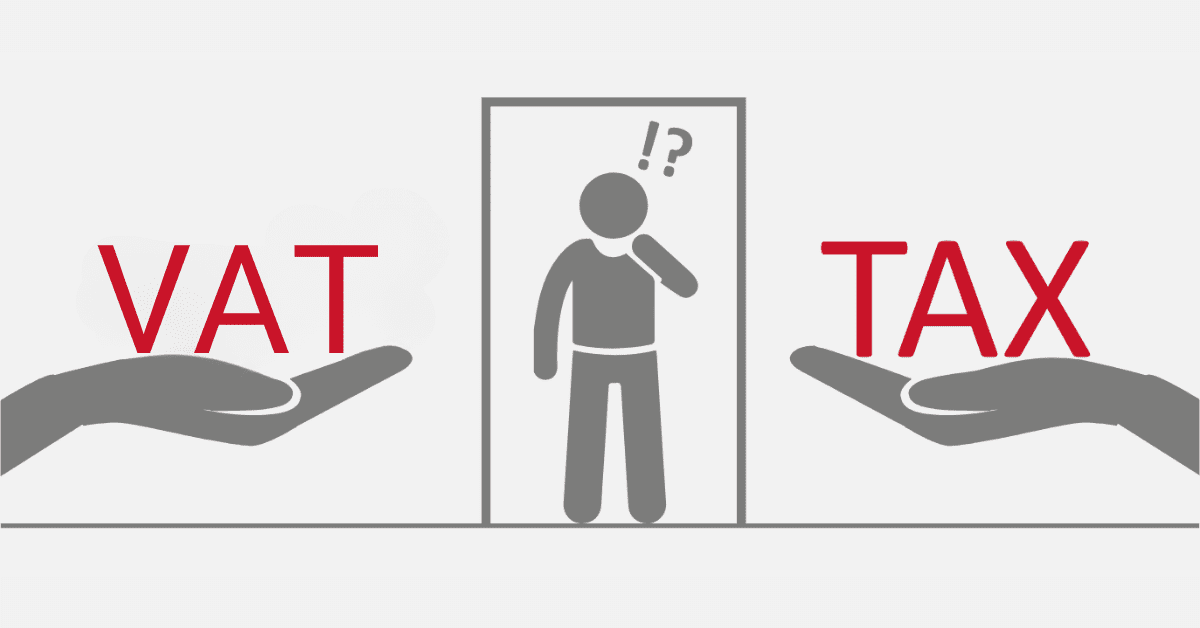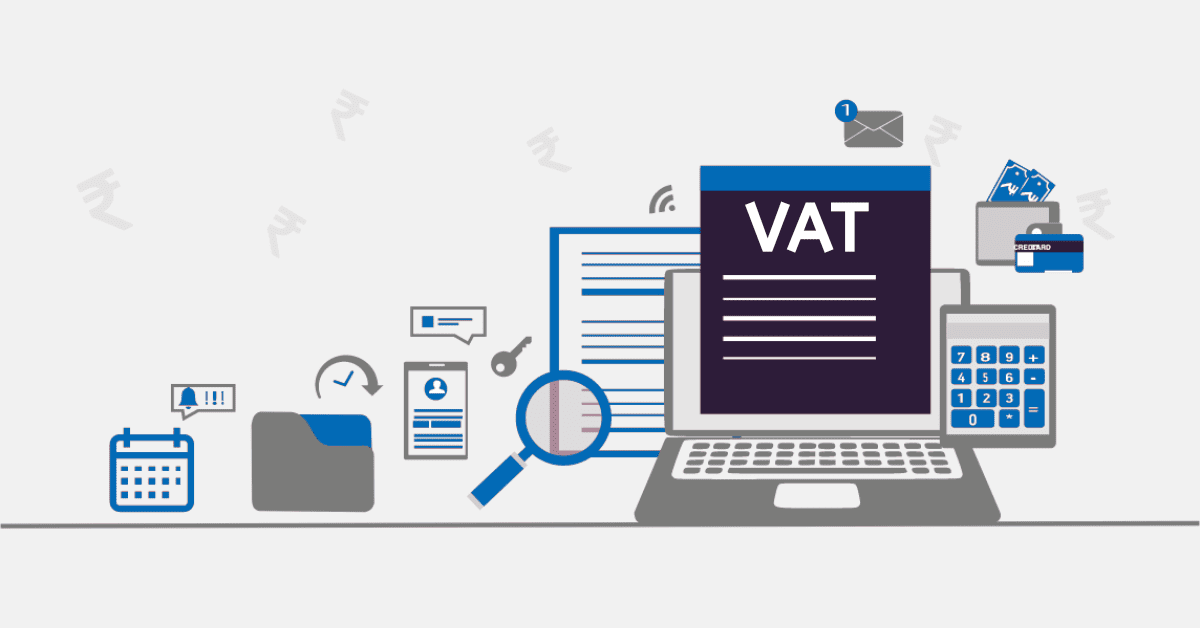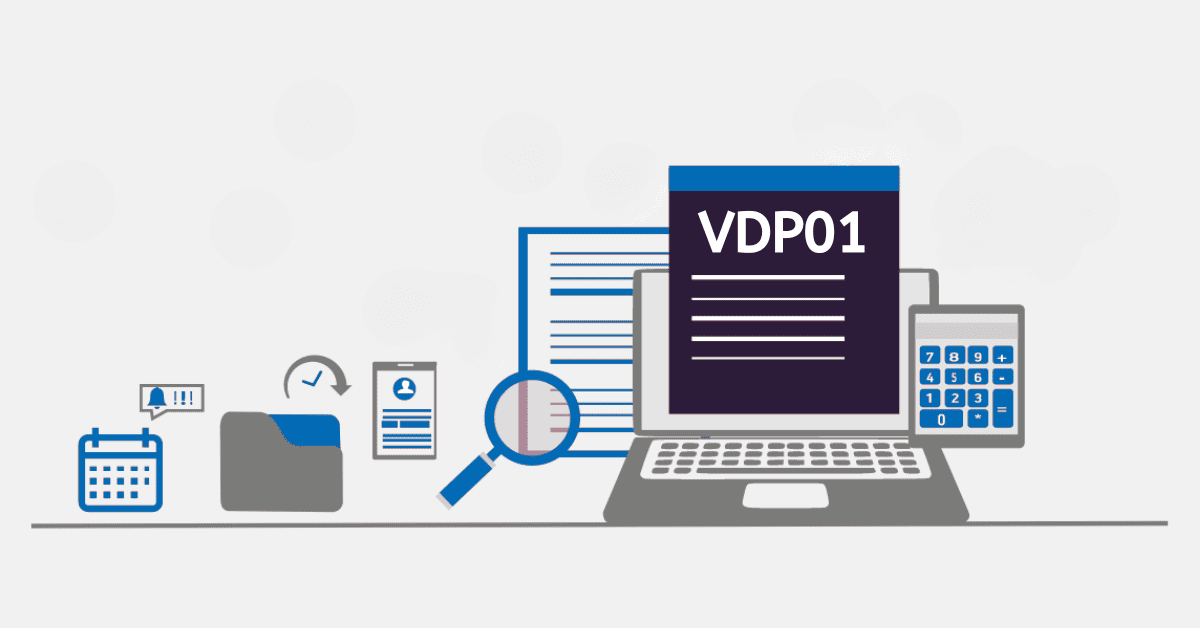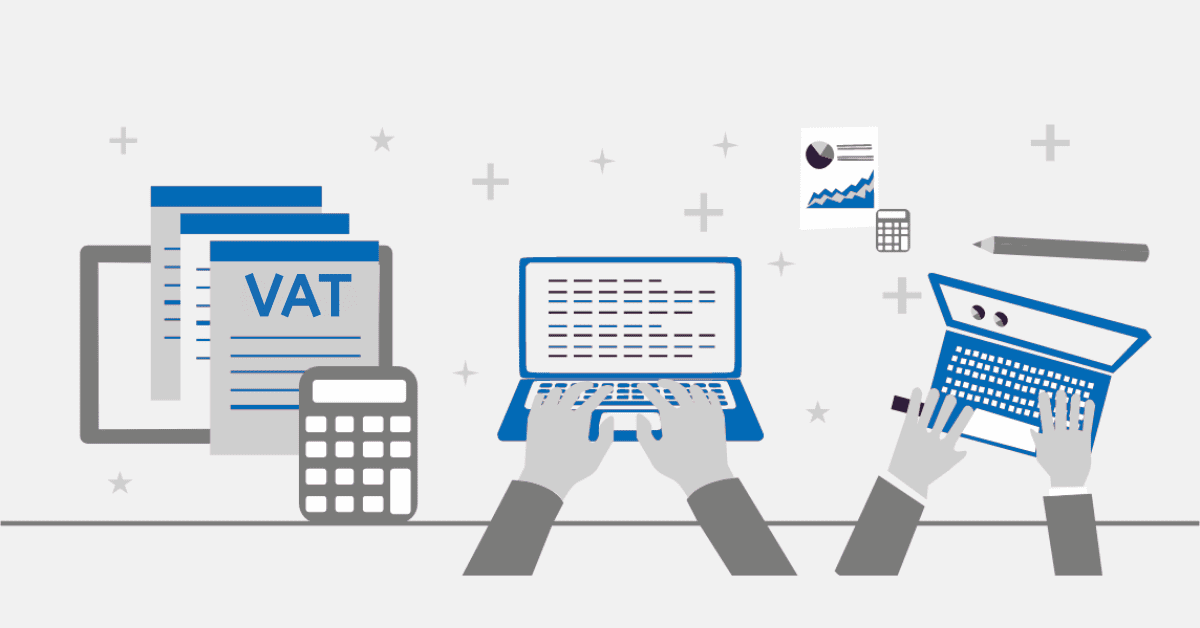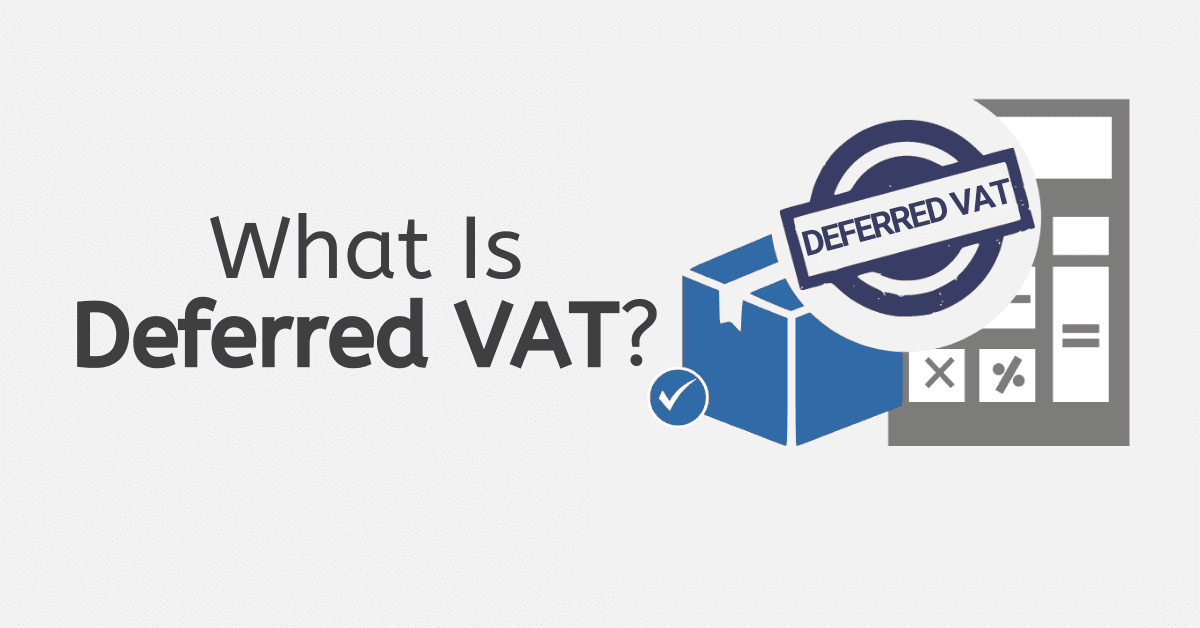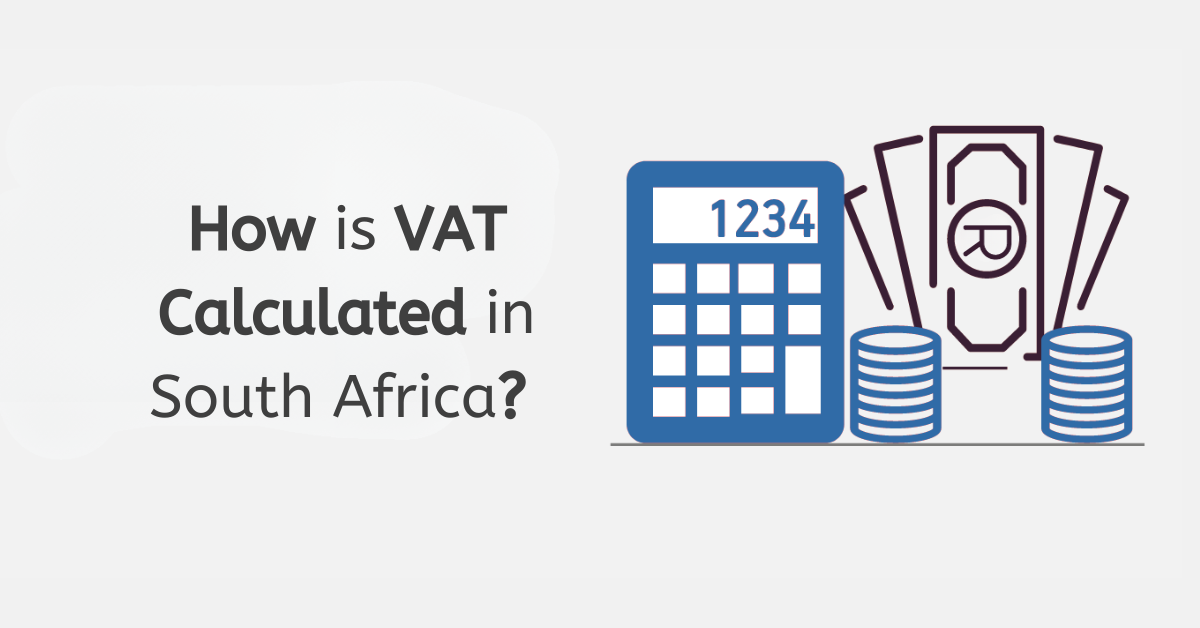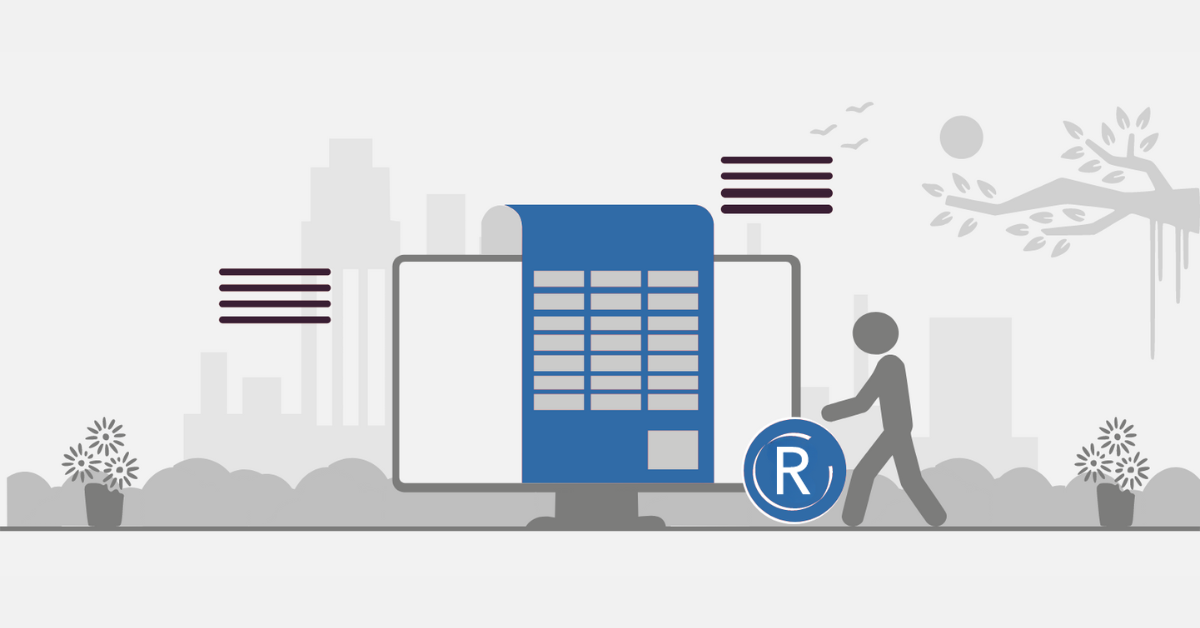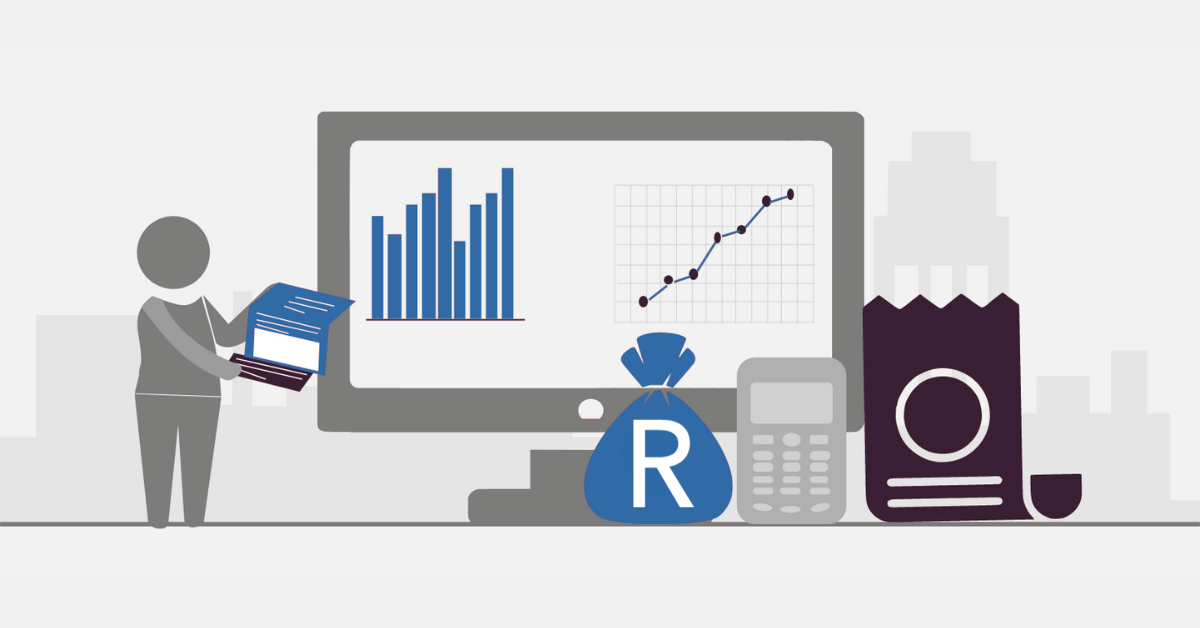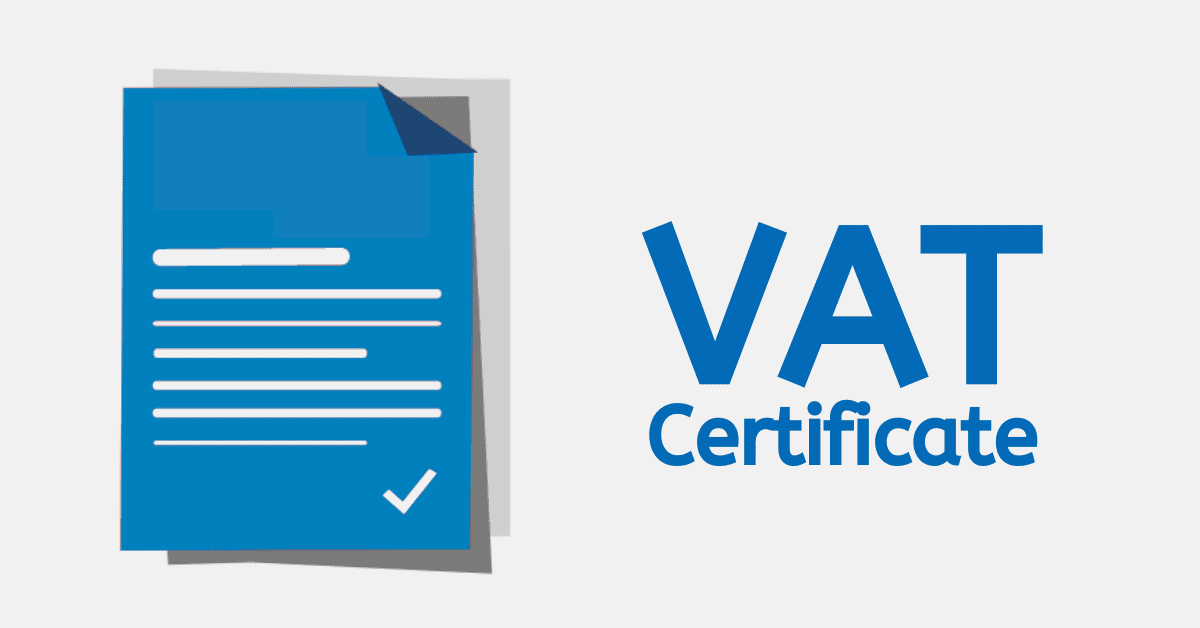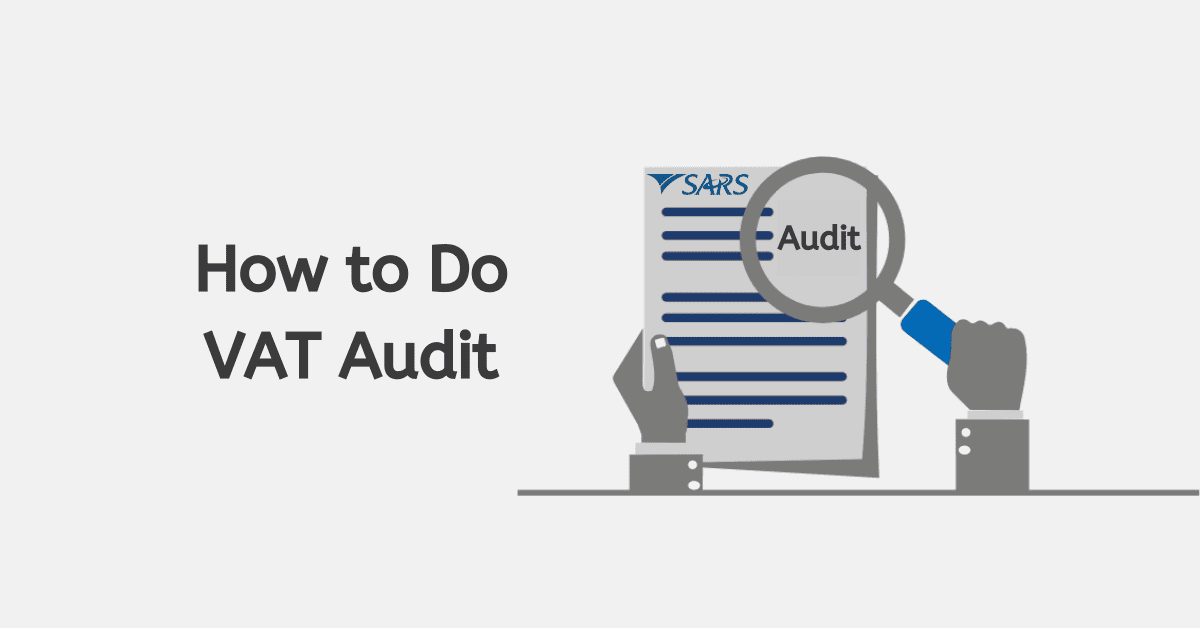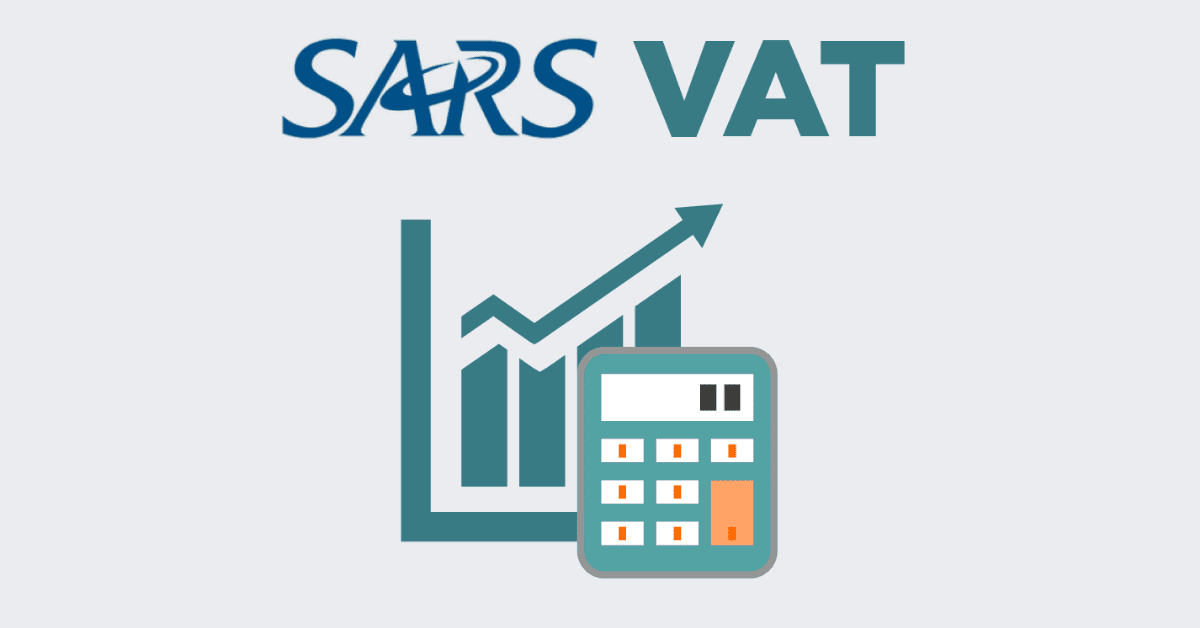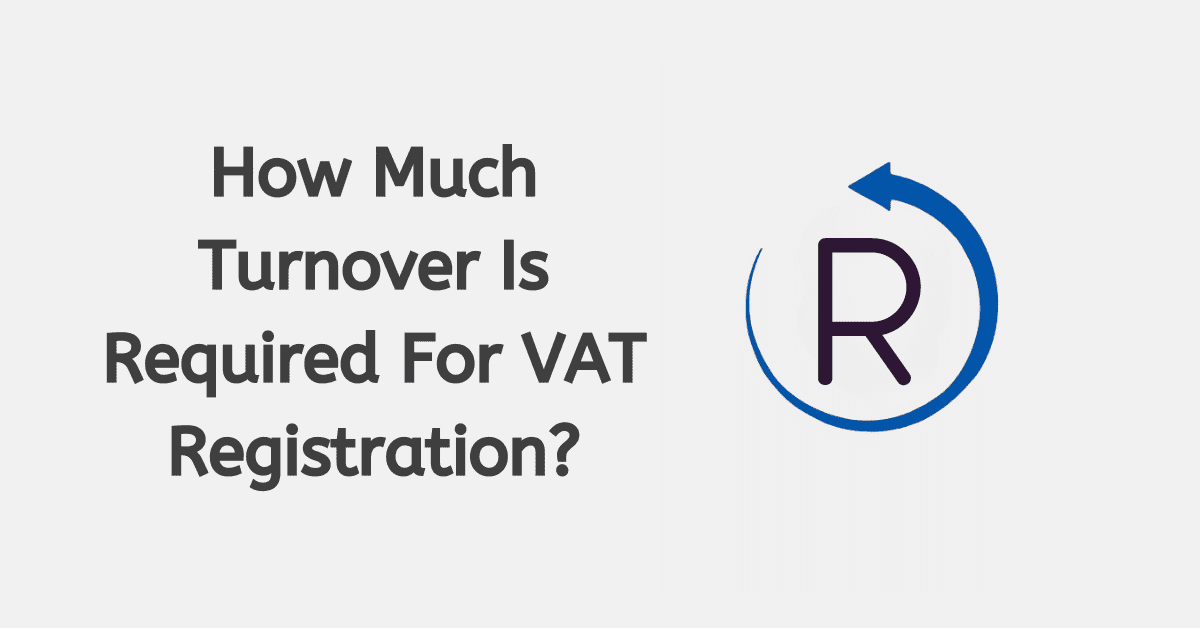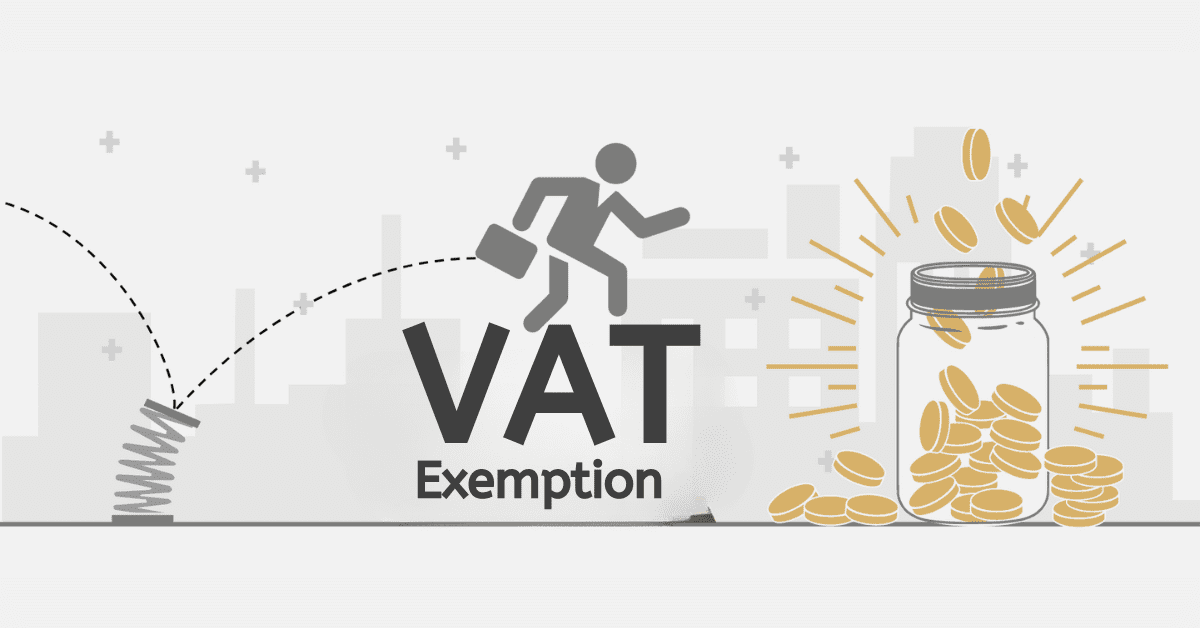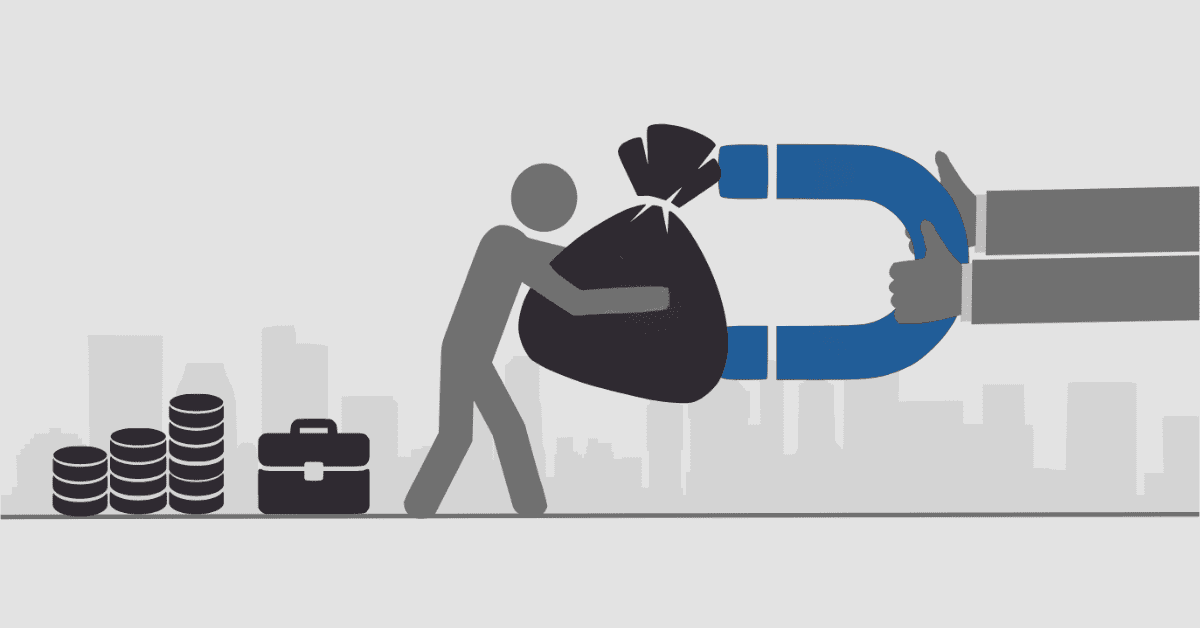The South African Revenue Service (SARS) requires suppliers of certain products to register as value-added tax (VAT) vendors. VAT is an indirect tax levied on final consumers of products and paid to SARS by registered vendors. All registered VAT vendors must complete a VAT201 declaration form to ensure compliance. Read on to learn everything you want to know about the VAT201 vendor declaration.
What Is the Use of the VAT 201 Report?
VAT 201 report is a form that is prescribed by SARS to all VAT vendors and it is used to declare input and output tax, or diesel where relevant. When a VAT-registered business buys goods and services for resale, it incurs input tax. On the other hand, a business charges output VAT or output tax on the goods and services sold to the final consumers.
Both input and output VAT must be properly recorded on the VAT 201 report. If input VAT is higher than output VAT, a registered vendor can claim a refund from SARS. Businesses also need to calculate output VAT to ensure they pay the right tax to the government. They must account for the output VAT added to the price of services and goods offered to customers.
Each vendor must submit a VAT return and pay the right amount of VAT to the government. To ensure compliance, the tax authority verifies all VAT returns submitted by businesses. A company that fails to collect or pay the appropriate output VAT might face legal action or penalties from SARS.
The VAT201 return also has other vital information about the operations of business like transactions performed within a certain period. Claims are also included on the form as well as the amount owing, if any. It is vital to keep your VAT201 up to date to avoid penalties.
When Should a VAT 201 Form Be Submitted?
When you submit your VAT201 manually, you should do so by the 25th of each month. Vendors who submit the VAT201 via eFiling should do so by the last day of the month in the relevant tax period. Electronic payments can be made via eFiling, electronic funds transfers (EFT), or via certain approved banks, including Capitec, ABSA, Nedbank, FNB, and Standard Bank.
Make sure you submit your payment on the last business day of the week if the due date falls on a weekend or public holiday. All payments must be made in South African Rand (ZAR). The VAT 202 form must have the payment reference number (PRN) and beneficiary account ID.
How Do I Submit VAT 201 on Efiling?
Taxpayers who belong to Category C must file their VAT returns via eFiling. You must have an eFiling account to submit your return via this channel. The SARS eFiling portal is available at https://www.sarsefiling.co.za. If you already have an account, use your username and password to log in and register for VAT purposes on eFiling.
From the menu option “Organisation” go to “Organisation Tax Types” and click on the tab “VAT 201.” You will be required to enter your business reference number and tax office. The status bar changes to “Return Successfully Activated” upon activation.
To file VAT returns, you should choose “Returns Issued” and tap on the appropriate VAT return (VAT 201). This action launches the VAT return on eFiling. Once you register for VAT and log in to your account, you will realize that the process of submitting your return is very simple. There are instructions to follow when completing each section on the form.
What Is the VAT Return 201?
A VAT 201 return is a form that must be completed by all VAT-registered vendors and returned to SARS. It is used to capture details such as input tax, output tax, or diesel where relevant. Businesses play a critical role in collecting and remitting VAT to SARS. To ensure compliance, all vendors must accurately record all their tax details on the VAT 201 form.
On the 201 form, you should record input VAT, which refers to the VAT paid by a business when it purchases goods and services for resale. Input VAT is deducted from output tax to determine the total VAT a business will pay to SARS.
To calculate input VAT, you should gather receipts and invoices and add the VAT amount charged on all purchases. This means that you should record all the details about the purchases carried out on the VAT 201 form. Verify the information and add up the amounts from different receipts and invoices to get input VAT.
On the other hand, you need to determine sales revenue and apply the 15% VAT rate to calculate output VAT. You must first get the sum of revenue generated by the business from the sale of goods and services, which can include other taxable transactions. When you multiply the total sales by 15% (VAT rate), you will get the output VAT you owe to SARS.
A business charges output VAT on the sale of goods and services to consumers. If you are a registered vendor, you will collect VAT on behalf of the government. This is a critical tax that contributes to the revenue generated by the government. The VAT rate in South Africa is 15%, which should be levied on all taxable supplies.
If your input VAT is bigger than the output VAT, you will be liable to get a VAT refund from SARS. Likewise, output VAT must exceed input VAT, and the difference between the two is what you owe to SARS. Businesses must accurately calculate input VAT and output VAT to ensure compliance. You can attract penalties and interest charges if you fail to provide correct information.
VAT is an indirect tax collected by registered vendors on behalf of SARS. To carry out your input and output VAT affairs, you must use a VAT201 form. Add all the expenses involved in your business to get the correct VAT figures. Remember that you can only request a VAT refund from SARS if the input tax is greater than the output tax.
